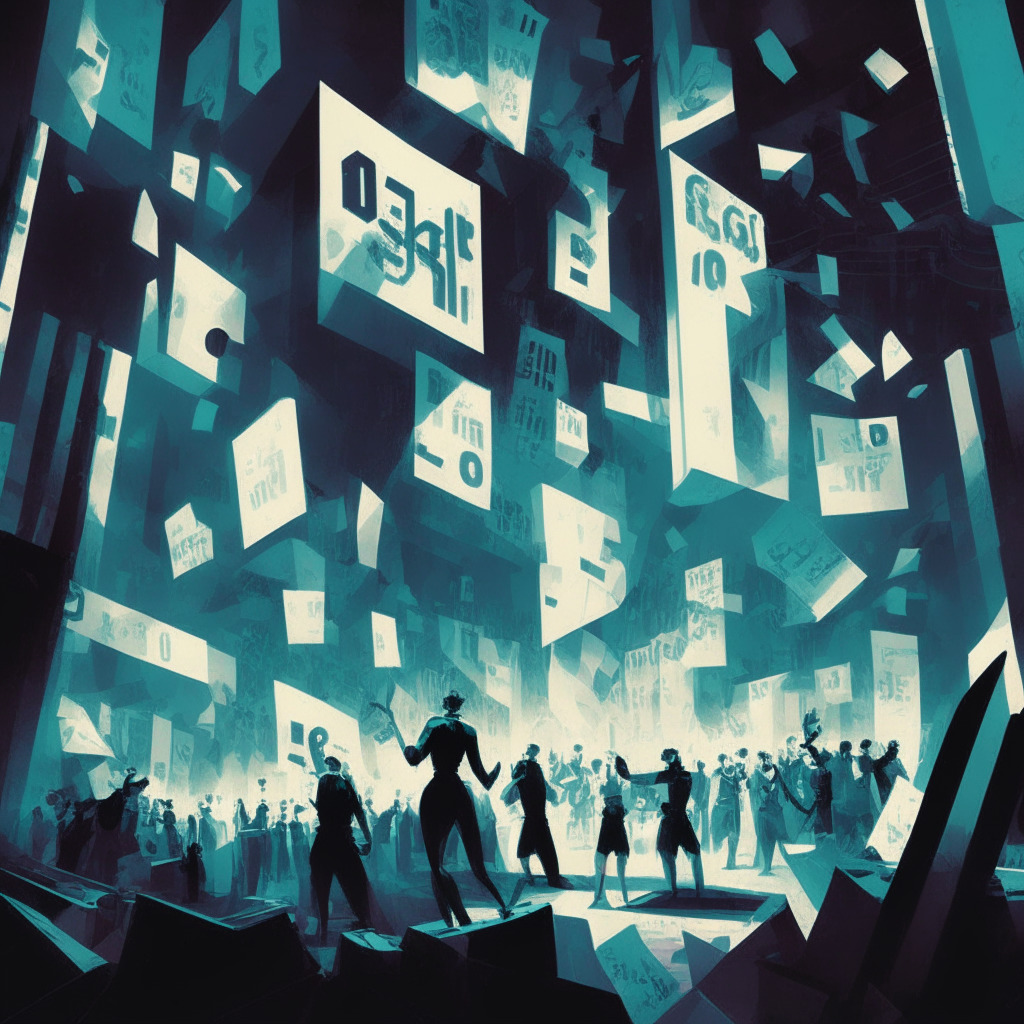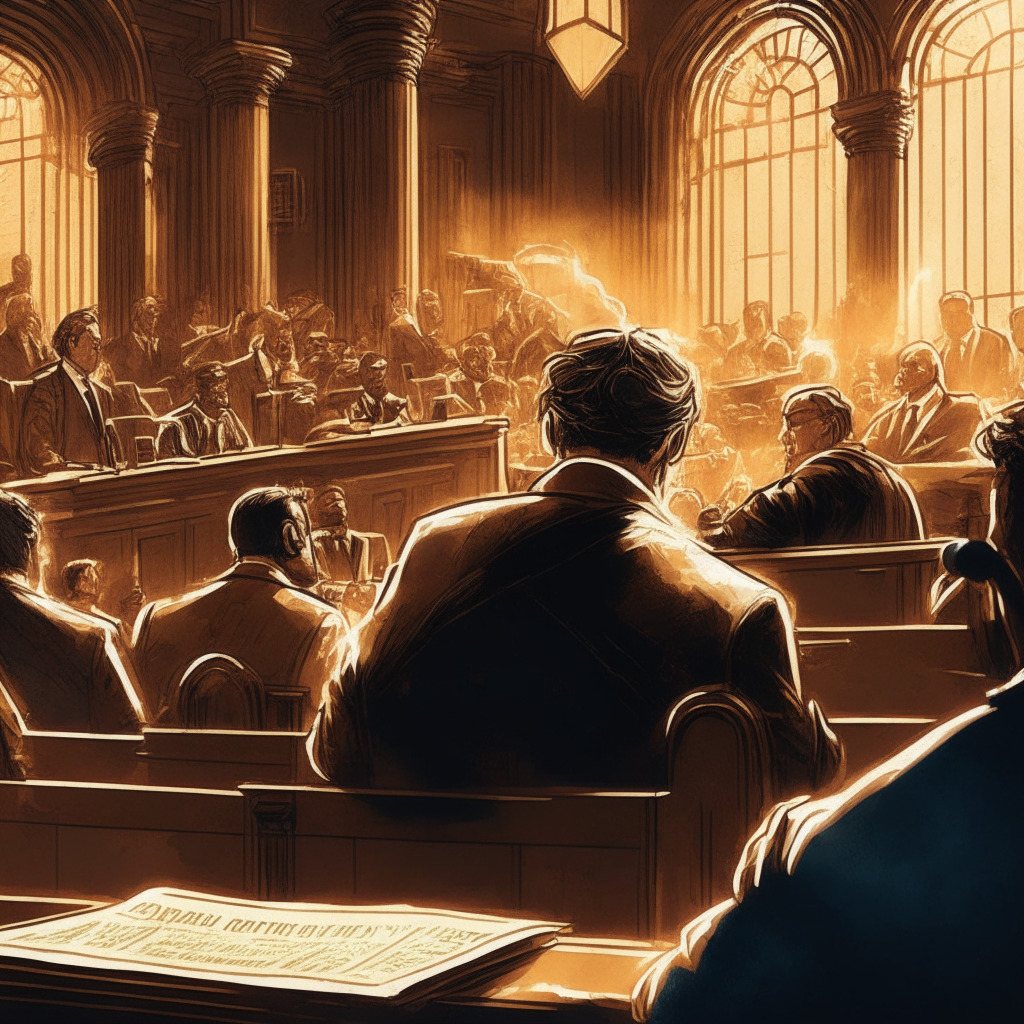Russian entrepreneurs are keen on leveraging “digital assets” and a ” unified digital currency” for trade with BRICS nations and other like-minded countries. A buzzing topic under the aegis of the Russian Chamber of Commerce and Industry’s Council on Financial, Industrial, and Investment Policy, the talk of utilizing “digital financial assets (DFAs)” in international payments has seen increased traction according to Yulia Prikhodina, the Council’s Deputy Chair.
DFAs are a convoluted concept within Russian political circles. While sometimes they are referred to as digitized commodities, Central Bank Digital Currencies (CBDCs), and digital securities, at times it refers to cryptoassets and stablecoins like BTC and even NFTs. Addressing this uncertainty, Prikhodina has urged for precision in official terminology, ruling this as a critical issue to be resolved.
The Council is also considering the idea of “creating and adopting” a “unified digital currency for cross-border transactions” within BRICS. On top of that, DFAs and/or a digital fiat could be introduced for trade with the Eurasian Economic Union economic and political blocs, and the Commonwealth of Independent States (CIS).
The Council recently entered a cooperation agreement with the Plekhanov Russian University of Economics, scrutinising CBDC-related regulations and legislation in friendly countries like Belarus, Turkey, Kazakhstan, India, Iran, Mongolia, UAE, China, and Qatar. Belarus in particular, has indicated a readiness to align its CBDC plans with Moscow’s Digital Ruble Project.
Shifting to Digital Ruble-powered trade, instead of foreign currencies like the USD, could help “bolster export-import operations” without disruptions in Russia, Prikhodina stated. This has special relevance as Western-led sanctions continue to impede Russian business.
Nevertheless, not all agree, as banking associations have been critical of the digital ruble project. They cite customers’ apprehensiveness towards the CBDC, a claim rebutted by the Sinara Bank that suggests banks need to adapt to the new reality, learn the ropes of providing high-quality service and garnering profit through the digital ruble.
While the noise around DFAs and digital currency build up, it gives rise to a critical juxtaposition; the digital revolution can usher prosperity, circumvent politic-driven trade restrictions, but the lack of concise, globally accepted terminology and the disparity between local and foreign perceptions might throw a spanner in the works. With the scepticism from banking sectors still looming large, the road to a universally adopted digital currency is a long one.
Source: Cryptonews




